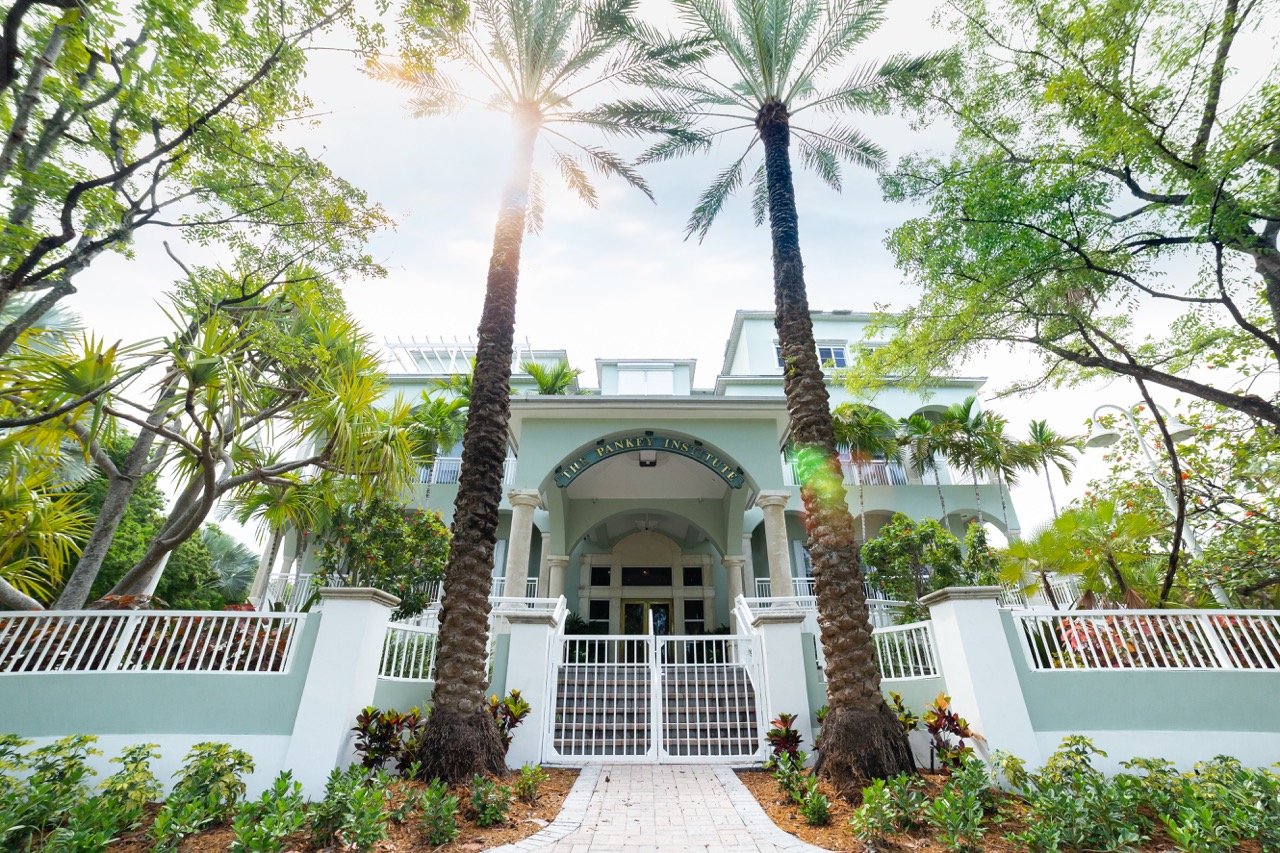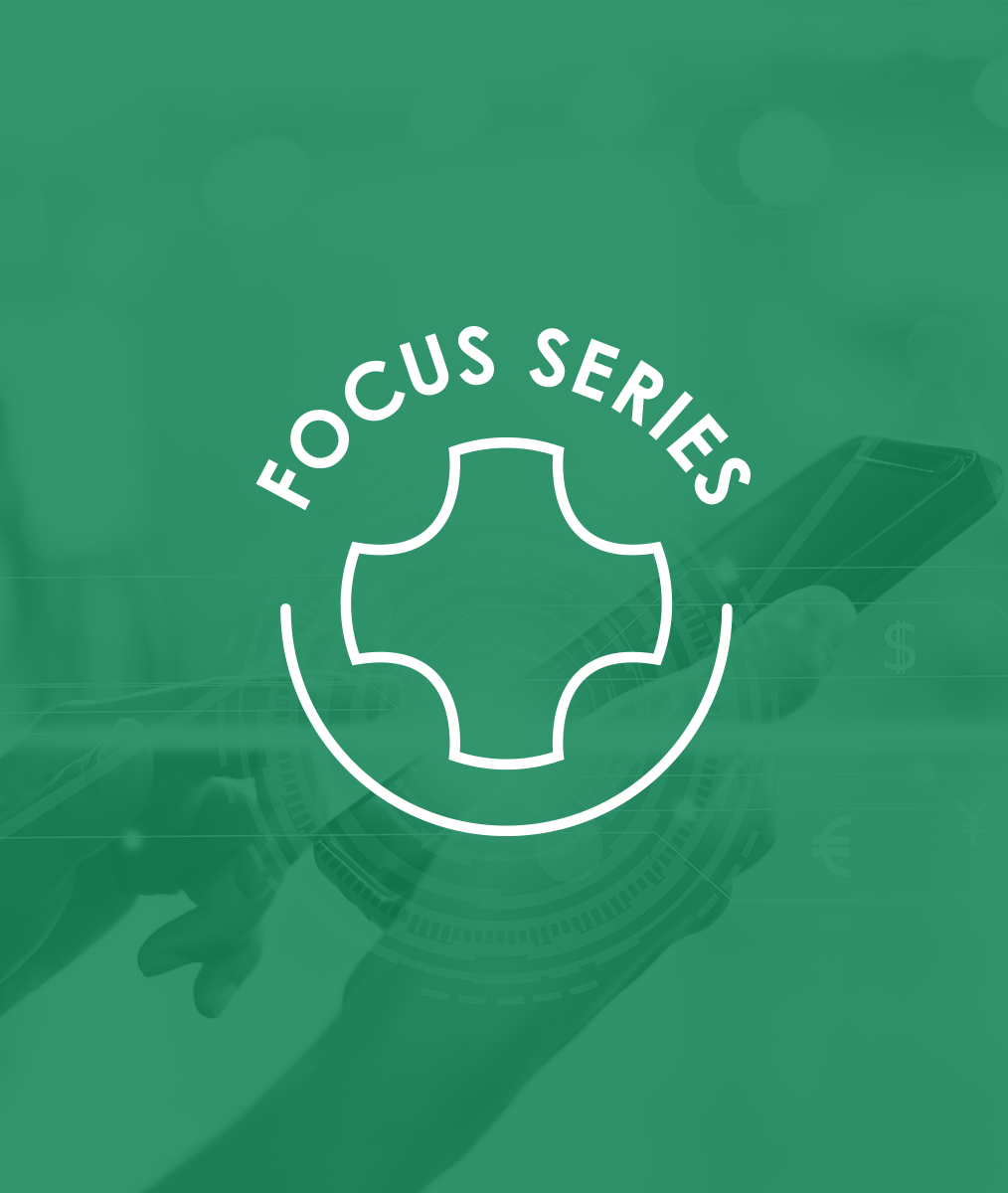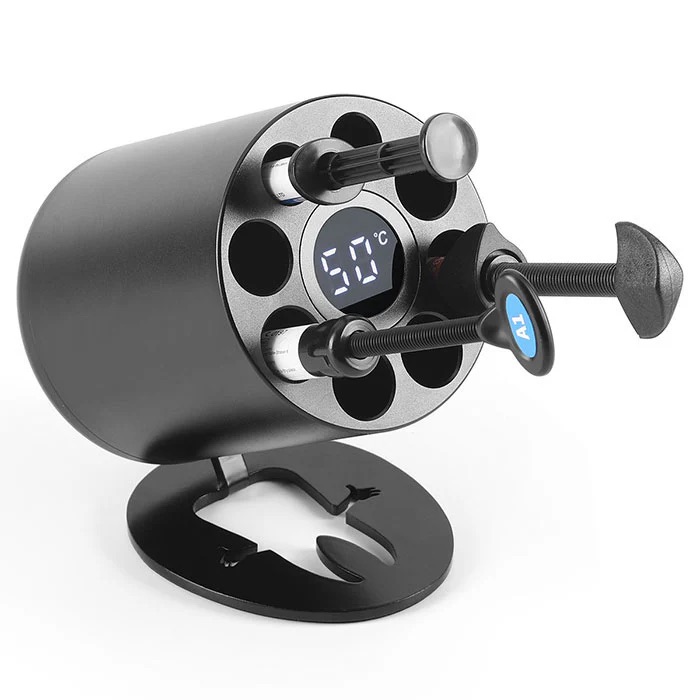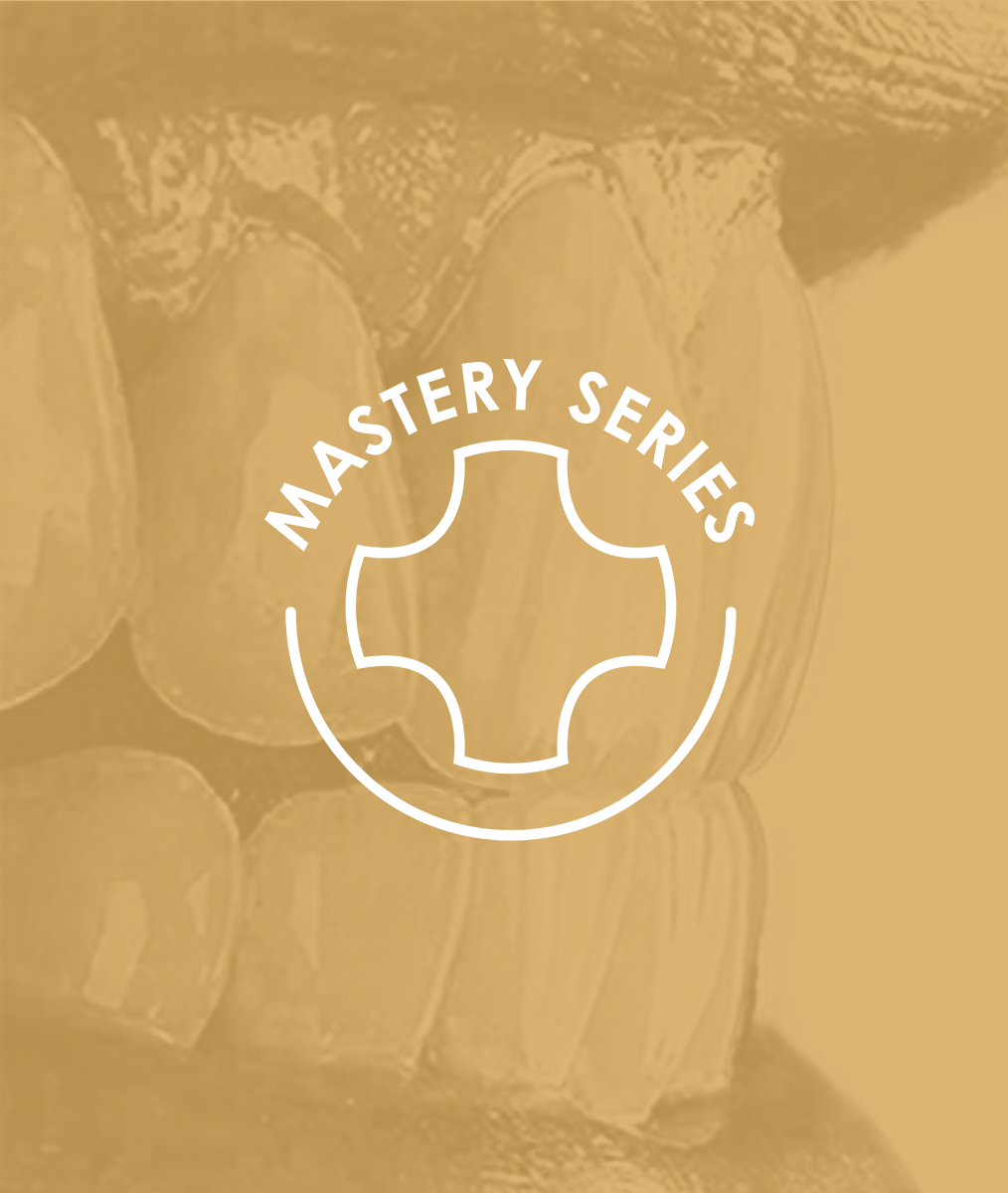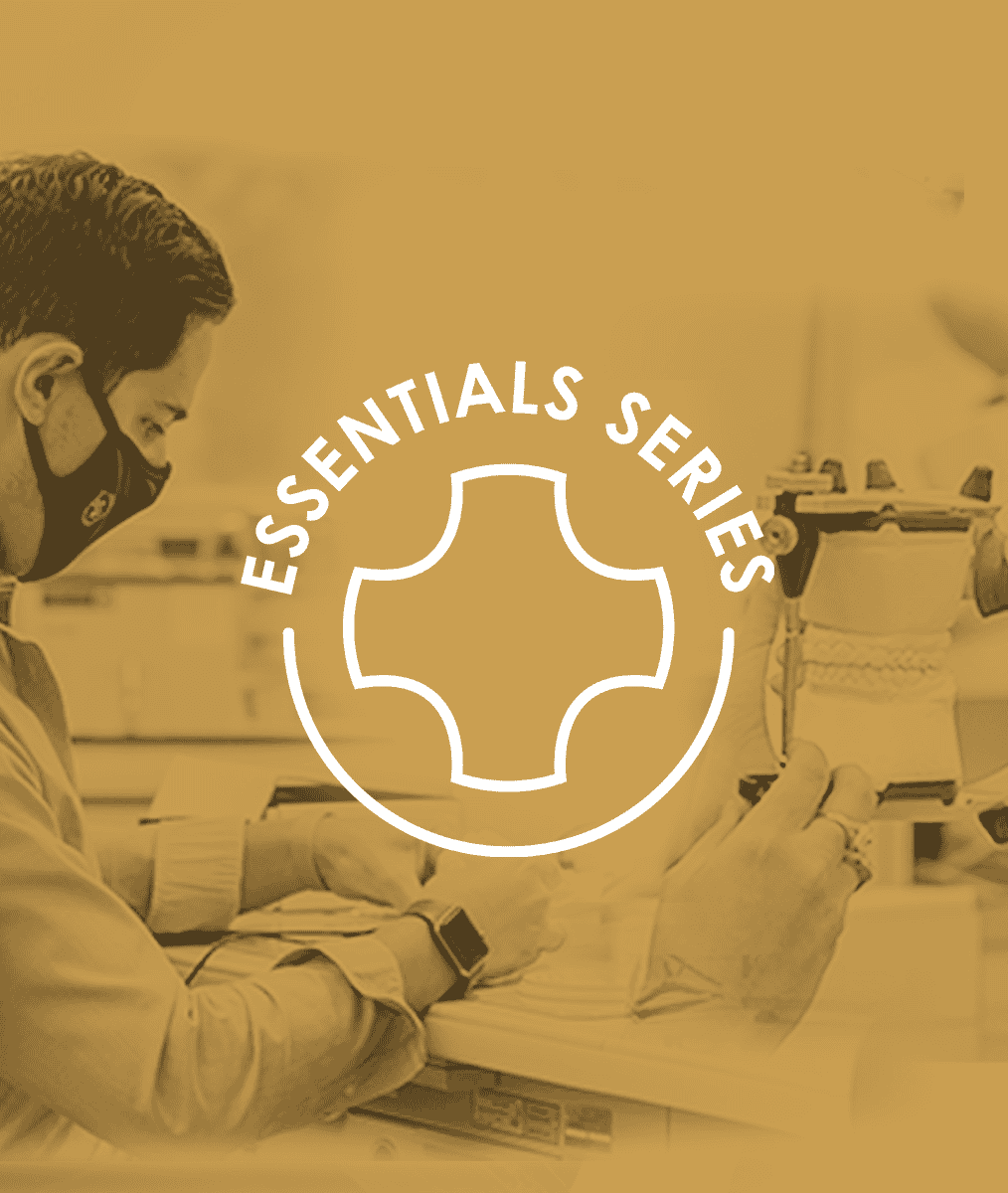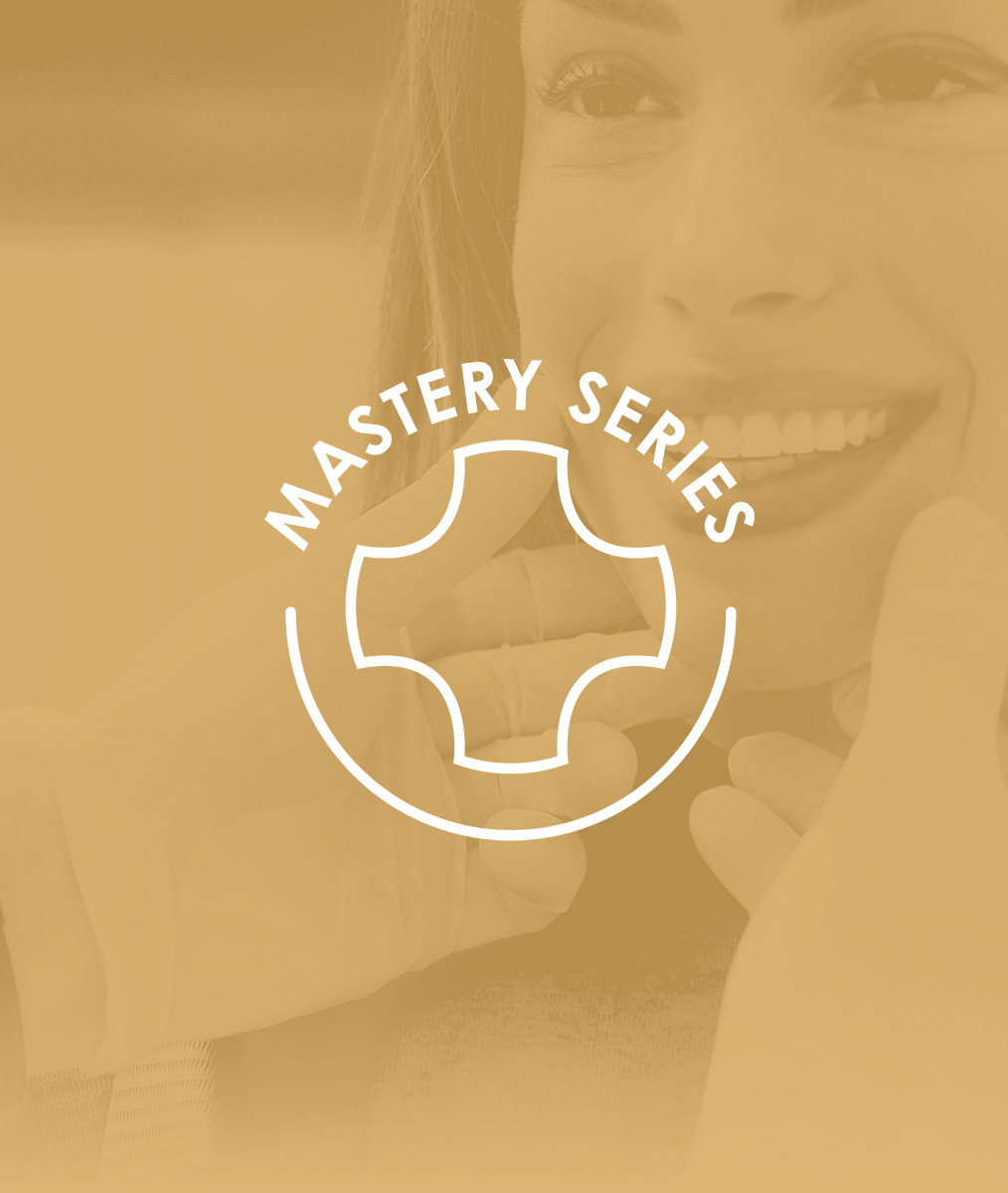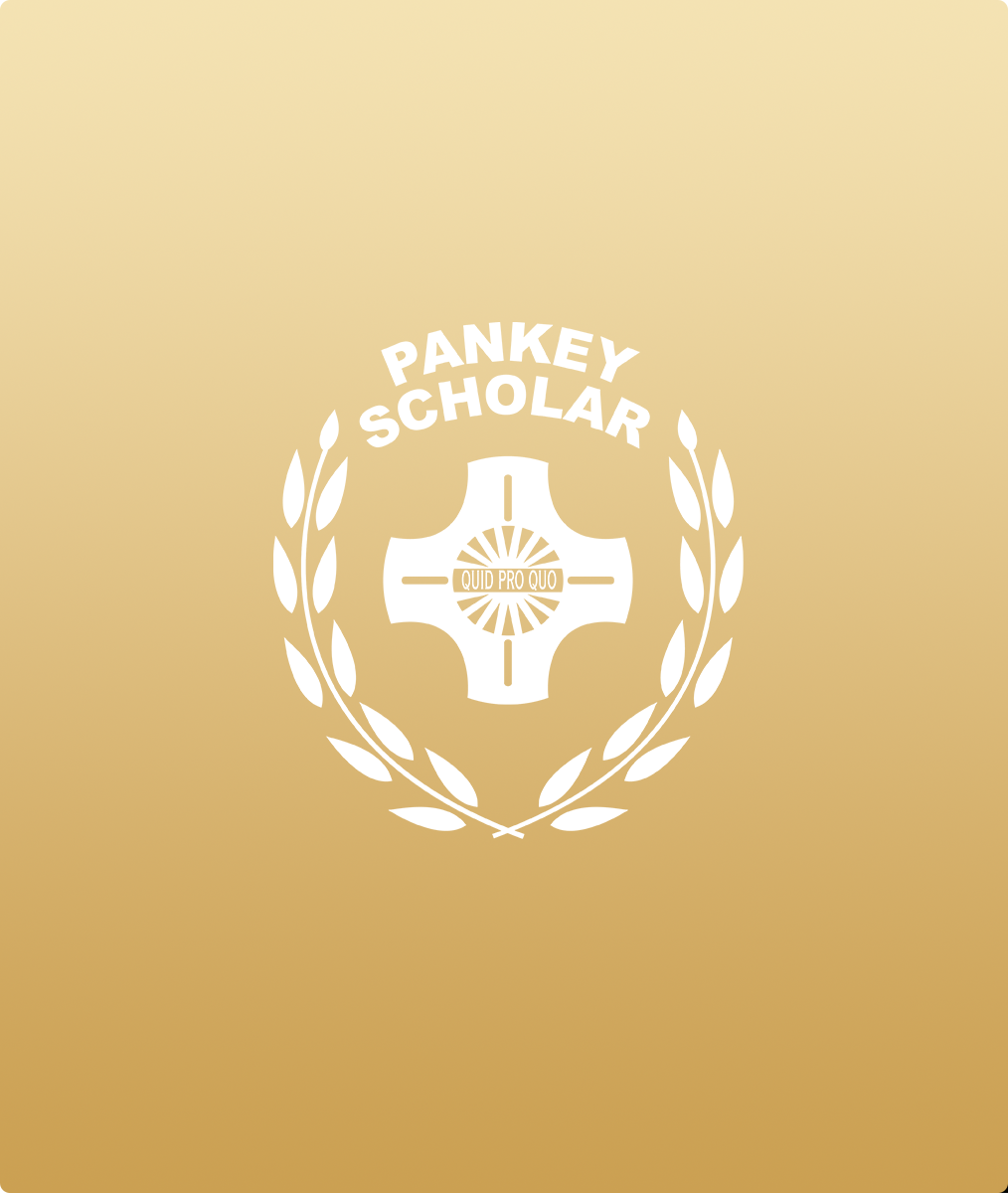How The Pankey Institute Saved My Life – Part 2
By Barry F. Polansky, DMD
These thoughts were first published in May of 2021 on my blog Stoic Dentistry. Parts one and two of this blog series tell the story of how The Pankey Institute provided me with inspiration that shaped my career and provided me with purpose to live a meaningful life.
———————-
According to the findings of motivational researchers Deci and Ryan (discussed in Part 1 of this blog series), when we are the masters of our own destiny, we are more focused, productive, optimistic, resilient, creative and healthy.
In retrospect, this is what I found I was experiencing on my Thursday mornings reserved for practicing “the Pankey way.”
Autonomy as an intrinsic driver works—so starting slow to install fee-for-service just one morning per week is a sound idea.
The Riddle of Mastery
And then there is the riddle of mastery. Mastery sits atop L. D. Pankey’s Ladder of Competency. The question is how does one achieve mastery? It could be reduced to “Just do it,” but there is more science.
In a 1953 paper by Harvard psychologist, David McClelland, a leader in achievement and motivation theory, he wrote an original thesis titled “The Achievement Motive.” Deci and Ryan acknowledged that this thesis may have described an intrinsic driver even more important than autonomy. They called it competence, but it now is known as mastery.
The pursuit of mastery has been the subject of numerous scholars and authors from Theresa Amabile and Robert Greene to George Leonard. Most agree that mastery is the desire to get better at what we do. It is the need to continually get better, to improve and to make progress. It is the royal road to growth and flourishing and the opposite of languishing and drudgery…the low rung on Pankey’s Ladder of Competency.
Working toward worthy goals is pleasurable. Making progress produces the neuro-chemical dopamine. According to Daniel Pink, author of the popular book Drive, “the single biggest motivator by far, is making progress in meaningful work.”
At my lowest point in dentistry, I felt stuck. Hopeless. My work had lost its meaning. Today we call that burnout. Those Thursday mornings turned on the light…the light of hope.
We need the freedom to chase mastery. That freedom comes from autonomy. Without the intrinsic driver of autonomy, it is difficult to sustain the drive necessary to achieve mastery…this is based on our biology, not just some story, fairy tale, or business myth.
Driven by Dopamine and Progress
After installing the Pankey Thursday mornings where I could practice autonomously, applying the lessons I needed to learn, I slowly put the complex elements of comprehensive relationship dentistry together. I started with the comprehensive examination and built on that by learning all of the components from the mundane mounting of models to the nuances of advanced occlusion. It took time…but driven by dopamine and progress, slowly I was installing my model practice.
I realized that learning the softer behavioral skills were just as important as the technical, so in time I learned about case presentation. Through the years I learned new skills like digital photography and Power Point. Today’s dentists are mastering digital 3D treatment planning.
I am retired now and looking back I see how that moment when Dr. Becker suggested the Pankey Morning changed my life.
Today things are different. There is pressure on young dentists to dive into corporate dentistry or adopt practice models focused solely on extrinsic rewards. Many of these newer models undermine autonomy, which, in my view, is a critical error. The Pankey Institute continues to thrive because it champions the principles of autonomy and mastery that are essential for a fulfilling and sustainable career. By embracing a fee-for-service approach and fostering an environment where personal growth and patient relationships take precedence, dentists can build practices that not only endure but flourish.
As I reflect on my own journey, I see that the true essence of a rewarding career lies in balancing professional excellence with the autonomy to pursue one’s own vision—a hallmark of L. D. Pankey’s philosophy of practice.
Related Course
Creating Financial Freedom
DATE: March 6 2025 @ 8:00 am - March 8 2025 @ 2:00 pmLocation: The Pankey Institute
CE HOURS: 16
Dentist Tuition: $ 2795
Single Occupancy with Ensuite Private Bath (per night): $ 345
Achieving Financial Freedom is Within Your Reach! Would you like to have less fear, confusion and/or frustration around any aspect of working with money in your life, work, or when…
Learn More>
